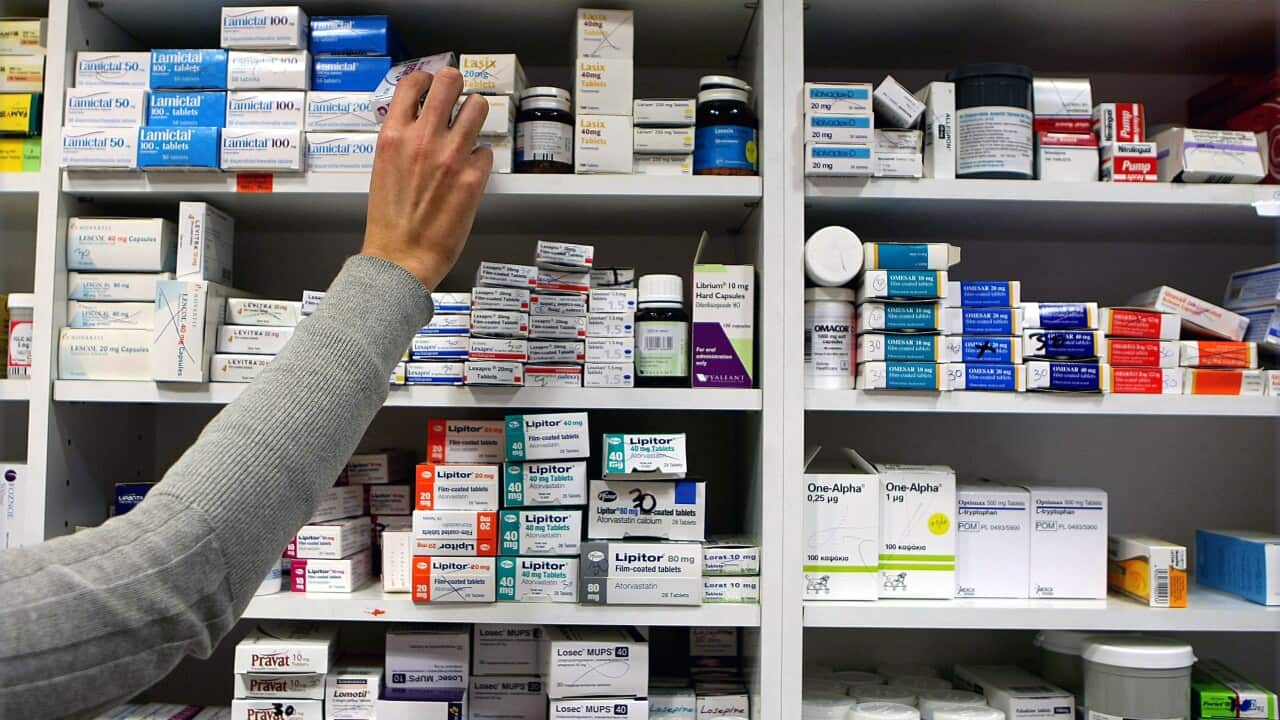The Albanese government says it will introduce legislation this week to cap the cost of Pharmaceutical Benefits Scheme (PBS) prescriptions to $25, down from $31.60 from next year.
The move was announced by Labor during the May election campaign and will save Australians $200 million per year through the new cap on the scheme, which subsidises the costs of vital prescription medicines for thousands of Australians.
It means the cost of medicines on the PBS could be reduced by over 20 per cent from 1 January 2026.
Pensioners and concession cardholders will continue to pay just $7.70 for their prescriptions until at least 2030.
Prime Minister Anthony Albanese said it builds on a pledge for cost of living relief.
"The size of your bank balance shouldn't determine the quality of your healthcare," Albanese said.
Health Minister Mark Butler said the general patients' medicines haven't been this cheap since 2004.
The announcement follows a warning by United States President Donald Trump earlier this month that countries can expect tariffs of 50 per cent and 200 per cent on pharmaceuticals.
In 2024, Australia exported approximately $2.1 billion of medicinal and pharmaceutical products to the US, according to data from the Australian Bureau of Statistics.
If the US were to put tariffs on medicinal exports, this could make Australian drugs more expensive.
Driving down demand could also force manufacturers to move overseas, where operational costs are lower.
Making medicines more affordable was a cornerstone of Labor's re-election campaign.
The party promised an $8.5 billion boost aimed at strengthening the system and incentivising more clinics to bulk bill.
This included $3.5 billion in direct incentives to GPs and medical centres, as well as $400 million for training more nurses and doctors in primary care settings, outlined in the March federal budget.
For the latest from SBS News, download our app and subscribe to our newsletter.

